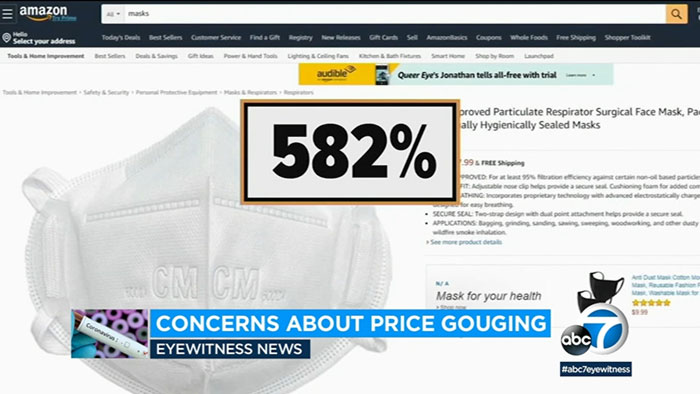The European Union will today be unveiling two new acts to overhaul the digital market. Current rules are based upon year 2000 legislation and obviously digital businesses, products and services have evolved considerably over the last 20 years. The two Acts will be called the Digital Services and Digital Markets Acts.
The new rules are being heralded as a force for good by commissioners Margrethe Vestager (Competition Commissioner) and Thierry Breton (Internal Market Commissioner), who are well known for strong rhetoric against the shady practices of the big tech giants.

At the time of writing the acts are yet to be published by the EU but the commissioners hinted at the proposals you will find within in an opinion piece in the Irish Times on Sunday. Central to the new acts will be the assertion that "the business and political interests of a handful of companies should not dictate our future." The commissioners referred to the EU digital market as "the most coveted single market in the world" and stressed the need to update the EU's toolbox to make sure its rules and principles are respected online, as well as offline.
What might the above mean in practice? It probably means dominant tech firms like Google and Facebook will face greater restrictions in business decisions which could stifle competition. Such firms are labelled as 'gatekeepers' by the commissioners as they appear to be able to not just set their own rules but those of the competition due to their power.
Other digital businesses which may feel the heat of new rules and restrictions could be the likes of Amazon and eBay. These and similar companies appear to have created a disparity between online and offline consumer protection. They are often used by scammers and fraudsters to advertise fake or potentially harmful goods, or for price gouging. This has been all the more evident during the pandemic with various shortages. The digital giants claim to be nothing more than an intermediary in some cases, shunning responsibility for actions on their platforms but make very healthy profits.

It is possible that some of the new rules that champion the EU-based consumer's rights will have sub-optimal unintended consequences, notes a BBC report. However, the new acts are written to be beneficial to the majority of EU citizens and it is hard to complain about that.






